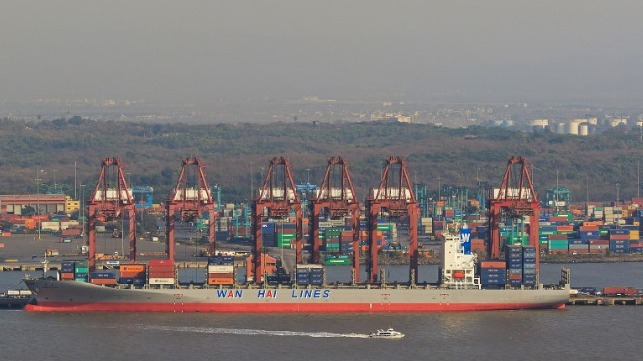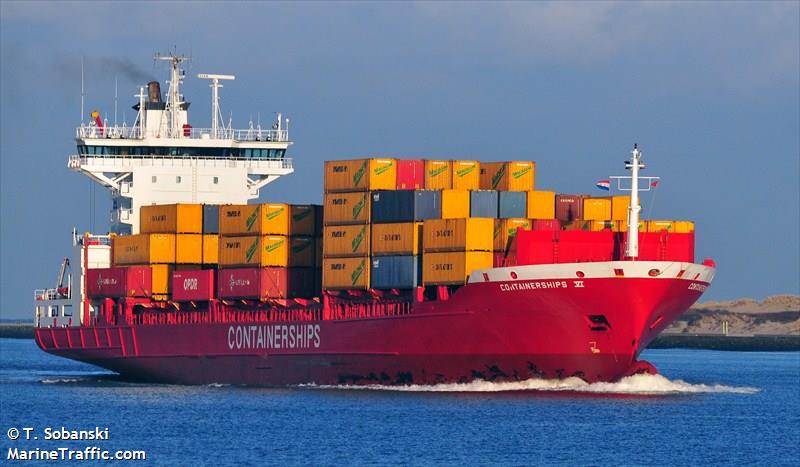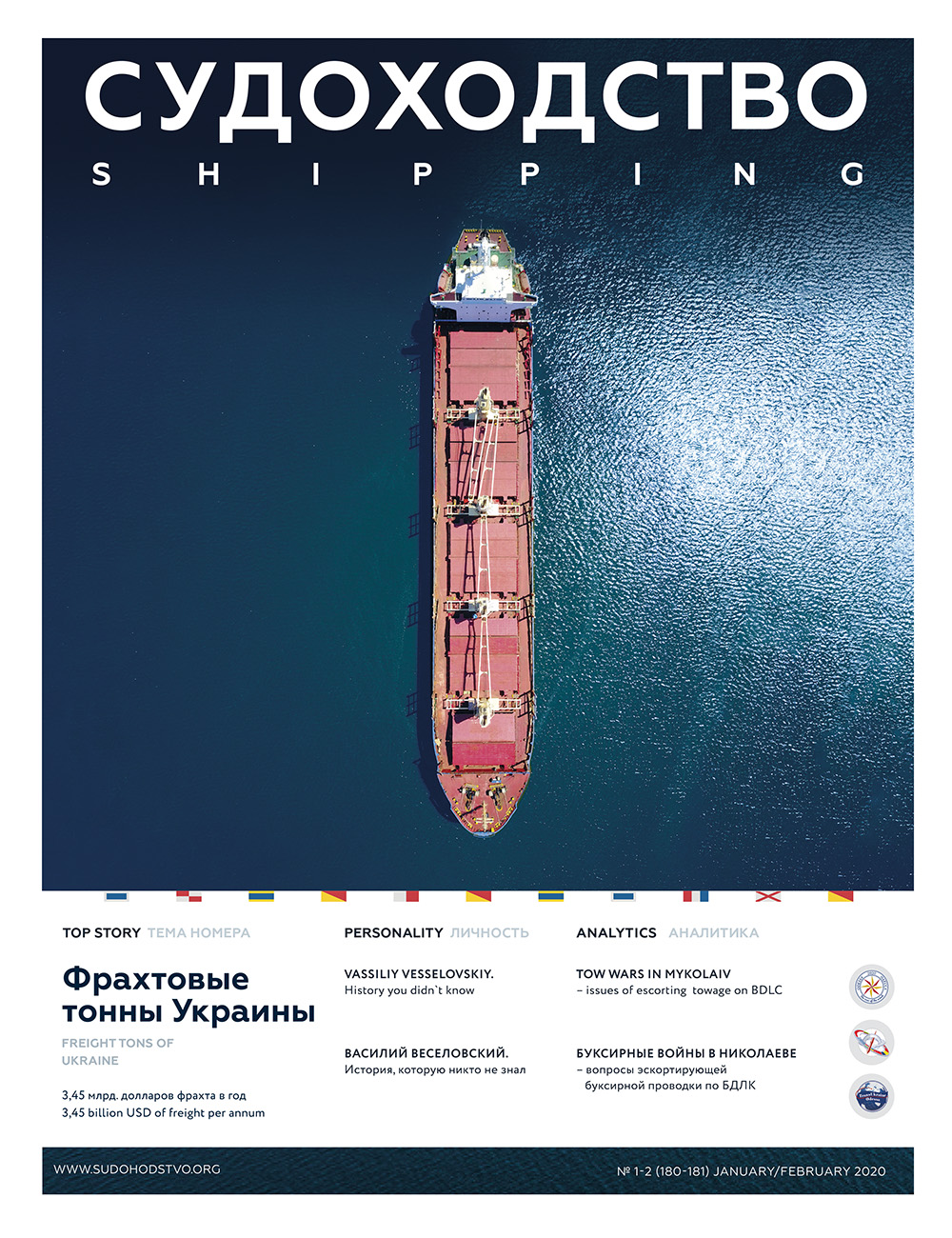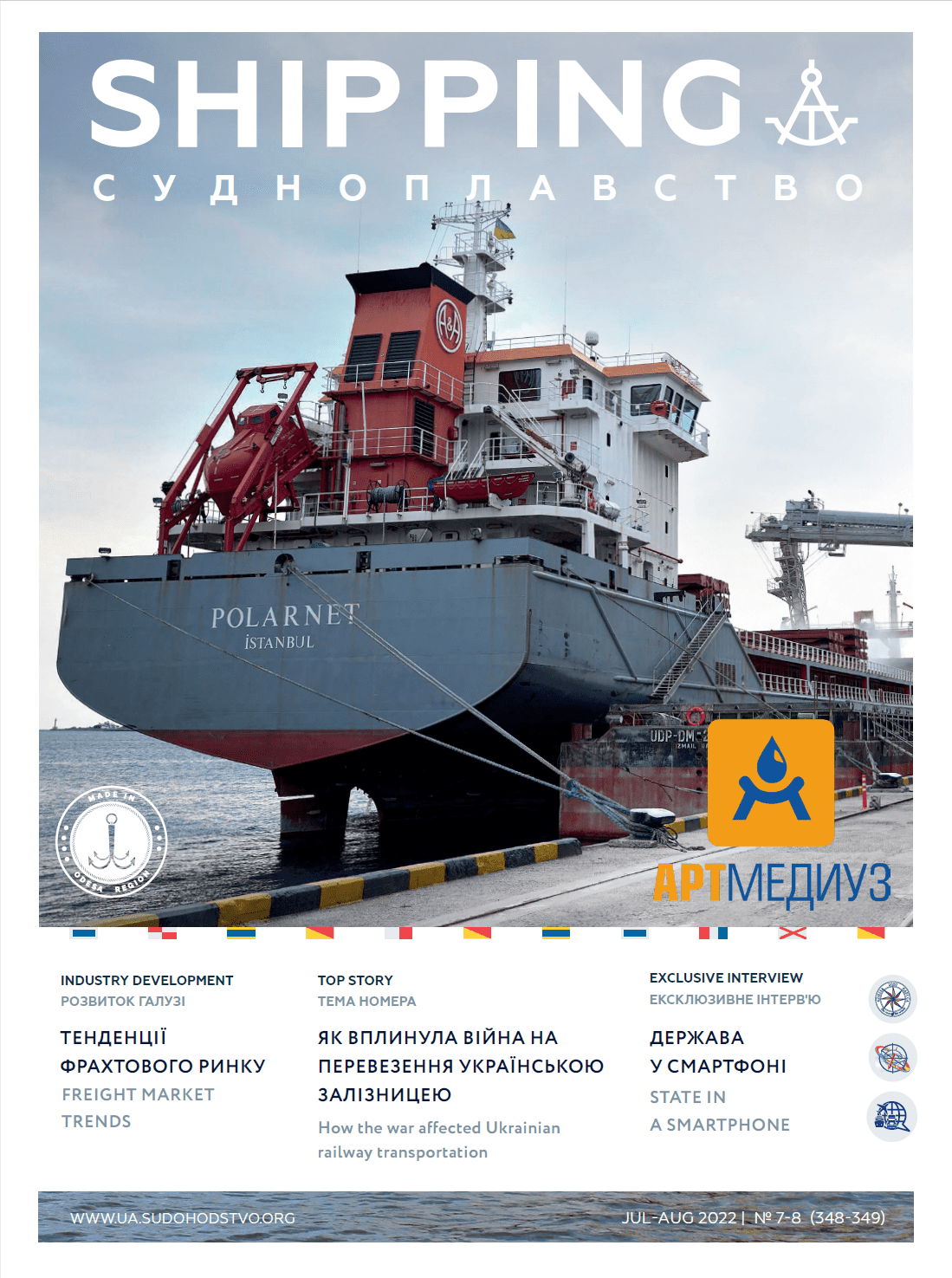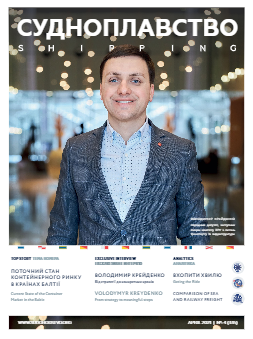
Daria Sizova
Techno Grill Group, LLC
HOW UKRAINIAN ENTREPRENEURS WORK WITH FOREIGNERS IN THE CURRENT CIRCUMSTANCES
After the Soviet Union collapsed, Ukraine has aways been a questionable place for doing business. Abundant resources and ideas have been drawing potentially profitable foreigners while the high risks of its harsh reality has been pushing them away. Some found the attraction of Ukraine decisive: they brought a lot of investment to Ukraine over the years of independence even if they often found themselves in stalemate, conflict or scandalous situations. Others found Ukraine-related risks prohibitive so their projects never emerged on Ukraine’s economic map.

February 24 changed the situation, shifting it to total uncertainty. Russia’s full-scale invasion of Ukraine shocked the world business community, forcing it to think about what’s next. Wide-scale sanctions against Russia, internal ethical principles of companies and concern about their image pushed many businesses out of the market of the aggressor country. Meanwhile, international businesses in Ukraine split into two camps: of those who want to support Ukrainians by continuing to work with it, and those who want to forget about Ukraine for indefinitely, or at least until the war ends.
What international partners think
Western support for Ukraine is often mentioned in the news. In the business dimension, things are not as clear. Ukrainian businesses have faced the difficult reality of wartime. As a result of Russian propaganda and the prevalence of the money factor over human values, foreigners are angry with both Russia and Ukraine. For them, the war brought a wave of turbulences that made their revenues shrink noticeably. Business is always pragmatic, so this reaction make sense. Obviously, all interested countries will show support for Ukraine in foreign policy. But the situation is dramatically different for them internally. As Henry John Temple, England’s prime minister in 1855-1865, once said, “We have no eternal allies, and we have no perpetual enemies. Our interests are eternal and perpetual, and those interests it is our duty to follow.”

Production pause
The war pushed many international companies to revise their business strategies in our region. Before Russia’s full-scale invasion, many companies had their subsidiaries and facilities in Ukraine. When the full-scale invasion started, their work stopped. For example, Bunge, a top agribusiness company, created around 1,000 jobs, but had to suspend its work in Ukraine because of Russia’s invasion. Inditex closed its stores and Henkel suspended production. Nestlé stopped its work and distribution of its produce. This list is not exhaustive.
The exodus of big corporations from Ukraine is a blow to the economy. It results in the loss of currency revenue, taxes and jobs. The results are felt already. Ukraine needs major financial investment more than ever before now. Over the first month of war, Ukrainian businesses lost more than they had in two years of the pandemic. It is now the fourth month of war. According to the National Bank of Ukraine, Ukraine’s economy is losing 50% of ungenerated GDP during the war. This means that every week costs the national economy over UAH 50bn, or around US $1.3bn at the mid-July exchange rate.
Expensive logistics
Military action triggered serious stock market fluctuations, making oil and gas prices soar. As a result, the cost of transportations has skyrocketed. This brought additional costs to international businesses, and made them doubt about how justified their spending on imports from Ukraine are.
On the other hand, the cost of logistics is not critical for some industries given the restriction on trade with Russia. Before the full-scale invasion, companies had contracts with various Russian suppliers in Russia. Sanctions blocked the options for working with the aggressor state, so foreign companies were forced to look for alternative options. Wood coal offers a good illustration. Russia and Ukraine are serious players on this market. As a result of blocked supplies from Russia, foreign companies started looking for new business partners in Ukraine.
Cheap dollars
Exporters, including the IT industry, generate a lot of revenues in foreign currency for Ukraine. However, converting it into hryvnia to service the business of exporters has been problematic. In late May, the NBU lifted its restrictions on exchange rate setting for banks and exchange facilities. But it kept the fixed rate for exporters and IT, leaving it far lower than the market rate. This means that banks earn extra by buying foreign currency at the NBU rate and selling it at the interbank rate. This created an additional tax for exporters that goes directly to the banks.
The NBU justifies its decision as a way to protect hryvnia from devaluation and prevent unproductive capital outflow. It claims that restricting the exchange rate helps preserve foreign currency resources for priority investment into defense and critical imports. However, the NBU’s reserves are melting away so these arguments are be questioned.
Prospects
It is hard to forecast the future of business interaction between Ukraine and the world in the near future. The period of uncertainty is lasting and nobody can foresee how market forces will operate tomorrow and what restrictions will be introduced further. We can observe the evolution of sentiments in the West and the dynamics of opinions of foreign businesses. But we should not expect the situation to improve dramatically tomorrow. Crises are already unfolding in Ukraine’s economy. They have to be dealt with urgently in order to win the war, plugging financial gaps that emerge as a result of it and stimulating economic development. Ukraine can only rely on itself, however significant Western help is.

